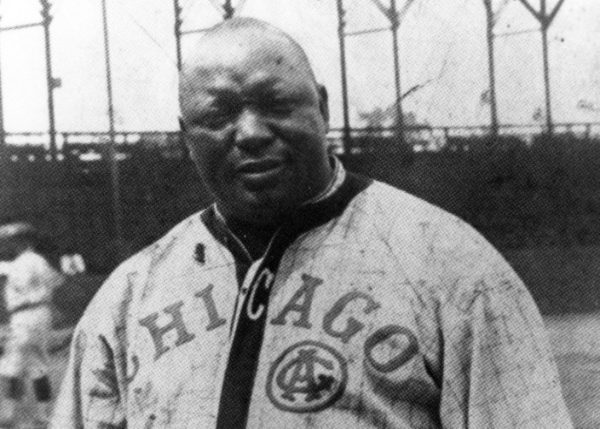
On this day in 1920, Andrew “Rube” Foster, a legendary player, manager, and visionary, forever changed the landscape of professional baseball by establishing the Negro National League (NNL). Foster’s bold initiative provided a structured platform for Black baseball players, who were barred from competing in Major League Baseball due to segregation. His efforts not only elevated the sport within Black communities but also laid the groundwork for the eventual integration of the major leagues decades later.
The early 20th century was defined by systemic racial segregation in the United States, extending into sports. Black baseball players were denied the opportunity to compete in the all-white major leagues, despite their undeniable talent. Instead, they showcased their skills in barnstorming teams and loosely organized leagues that struggled with financial instability and lack of widespread recognition.
Recognizing the need for a more structured and sustainable organization, Foster convened a meeting on February 13, 1920, at the Paseo YMCA in Kansas City, Missouri. There, he and several team owners officially founded the Negro National League, marking the first successful attempt at creating a professional league for Black ballplayers.
The NNL brought together some of the best Black baseball talent from across the country, featuring teams such as the Chicago American Giants (Foster’s own team), the Kansas City Monarchs, and the Indianapolis ABCs. The league established a consistent schedule, formalized contracts, and brought credibility to Black baseball, allowing players to make a living through their sport.
Under Foster’s leadership, the league flourished, drawing thousands of fans to games and showcasing stars like Oscar Charleston, Cristóbal Torriente, and Bullet Rogan. The success of the NNL inspired the creation of other Negro Leagues, including the Eastern Colored League and the Negro American League, further cementing Black baseball’s place in American sports history.
The Negro Leagues became a proving ground for some of the greatest athletes in baseball history. It was within these leagues that Jackie Robinson honed his skills before breaking Major League Baseball’s color barrier with the Brooklyn Dodgers in 1947. Other Negro League legends, such as Satchel Paige, Larry Doby, and Willie Mays, would also make their mark in the majors, proving that Black players could not only compete but excel at the highest level.
Foster’s vision was instrumental in bringing national attention to Black baseball, and though he passed away in 1930, his legacy lived on through the league’s continued success and the eventual integration of Major League Baseball. The Negro Leagues provided a stage for Black excellence, preserving the dignity and showcasing the immense talent of players who had long been denied opportunities in the mainstream sports world.
The Negro National League, and the broader Negro Leagues system, remain a crucial part of baseball’s history. In 2020, Major League Baseball officially recognized Negro League statistics as part of the major league record books, a long-overdue acknowledgment of the league’s impact and significance.
Today, Rube Foster is rightfully celebrated as the “Father of Black Baseball,” a man whose vision and determination not only gave Black players a professional platform but also helped set the stage for the sport’s eventual integration. His creation of the Negro National League on this day in 1920 stands as a landmark moment in sports history, symbolizing resilience, excellence, and the unyielding pursuit of equality in America’s pastime.